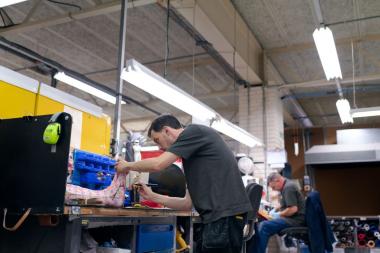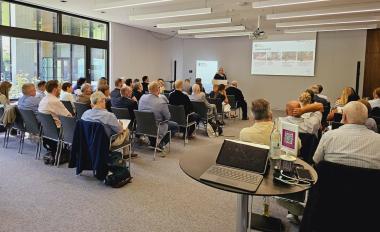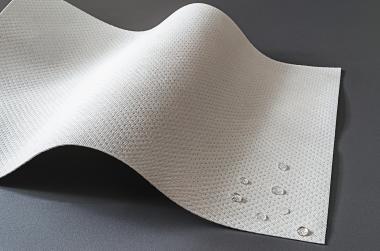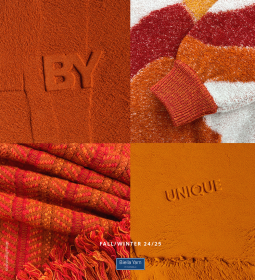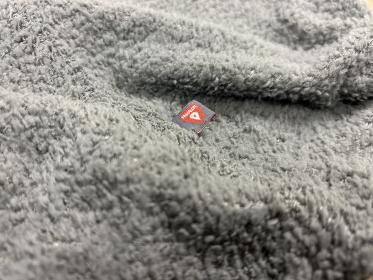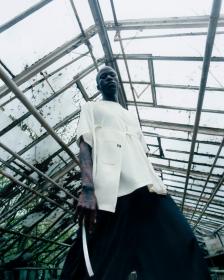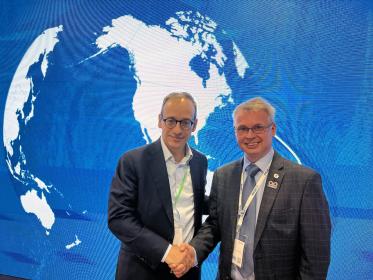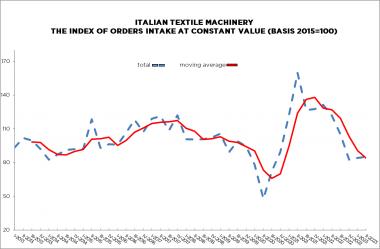INDA & EDANA: Pushing the Reach of the Industry’s First QAP for Hygiene Product Suppliers
INDA and EDANA, the leading trade associations representing nonwovens and related industries, joined forces to implement and support the industry’s first Quality and Audit Program (QAP) in the United States. This joint effort will increase the reach of, and support for, the program in the North American absorbent hygiene products and wet wipes industries.
Much like the harmonization of test methods years ago, this joint program has the potential to reduce complexity for both suppliers and converters of AHP and wipes. This program grew from the inefficiency of facing multiple audits from converter supplier audit programs, often assessing similar requirements, but according to differing standards.
The program went through a rigorous testing and piloting phase before being rolled out in the summer of 2022. Initially only available in Europe, the program is expanding its reach to cover Asia and the Americas.
More information is available on the EDANA website where converters and suppliers can register to take part. The program is based on a harmonized quality and hygiene standard, which facilitates an objective third-party audit. Organizations can also register to follow a training course to familiarize themselves with the standard.
INDA





